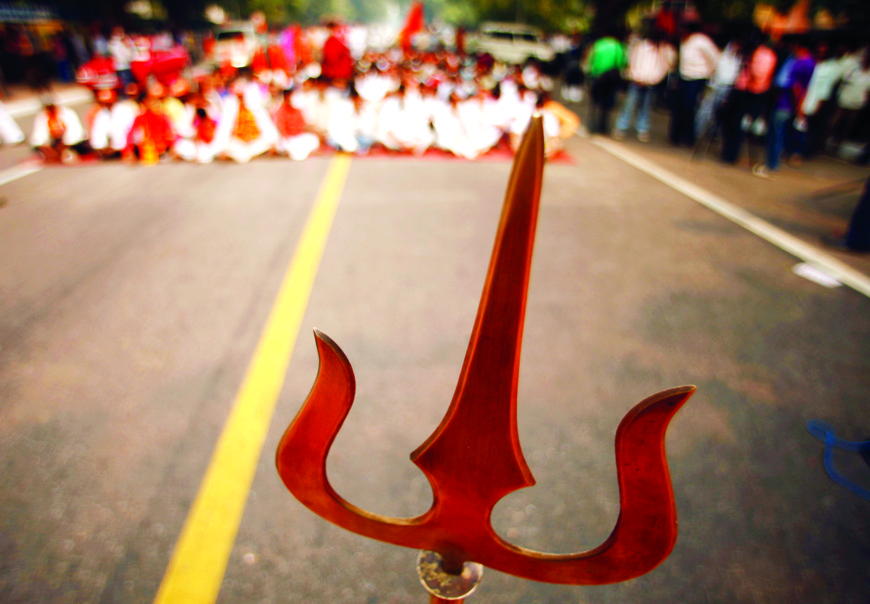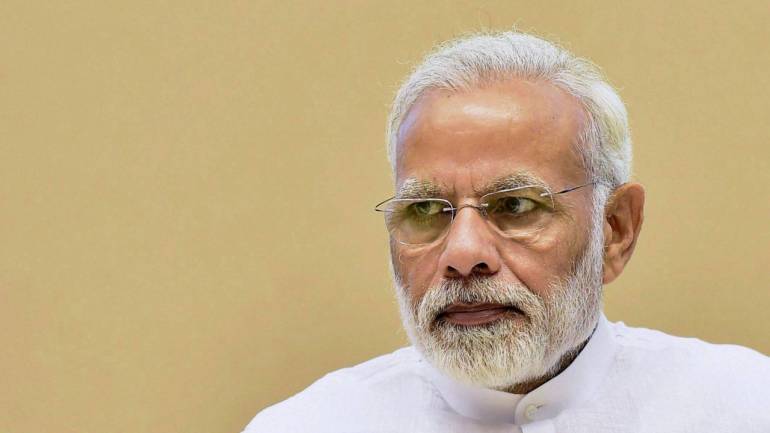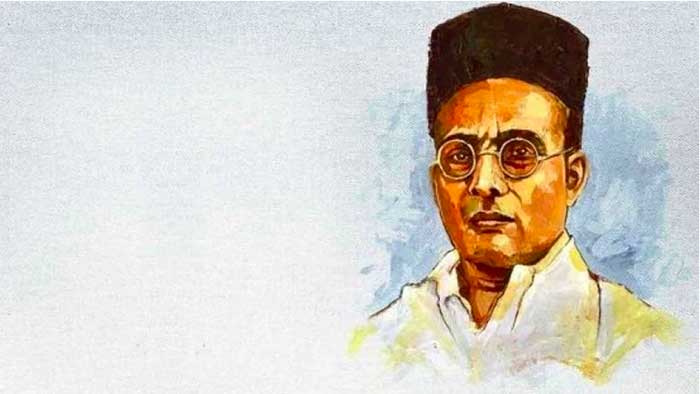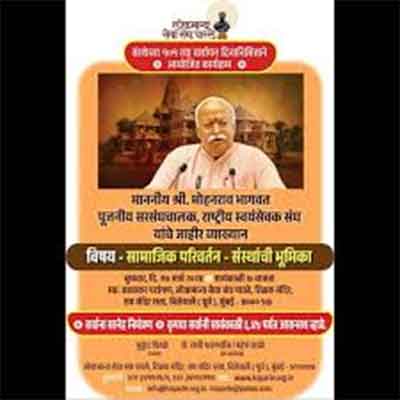
The lines between the public and private have slowly become more and more blurred, with the hope being from the side of Right-Wing Ground activists that eventually it will be erased completely. We must take the mob activity that took place on January 21st, 2023 with the utmost seriousness as it displays to us the direction in which the nation is headed. 100 men belonging to the Bajrang Dal barged into a flat where a 24 year old woman was celebrating her birthday with her friends, on the grounds that Love-Jihad was taking place. The monitoring done by the Bajrang Dal and the confidence with which they feel they can enact justice is a step towards the fulfillment of their nation-building project in accordance with the Hindutva ideology,
The supposed threat of ‘Love-Jihad’, perpetuated by the Hindu-Right has always been linked to a demographic risk (Khatun, 2018) and how the country will slowly be taken over by the outsider, which is the Muslim. This form of understanding has its roots in the discourse construction undertaken by the Sangh Parivar, which discusses the mythical past of a Hindu Nation and the danger the majority is now facing. These discourses strengthen the assertion of Right-Wing organizations and thus, give them acceptability in the eyes of the majoritarian public who do not condemn their openly communal activities. The activities are also coated with the logic of protecting the gullible women from the outsiders, a protection that can only be given by the masculine hindu male(Anand, 2005).
The public sphere currently in the context of India, is overrun by the activities of the Right-Wing that engrain into the minds of the people that differences are present and that inter-communal interactions must be limited. We must compare the current situation with the Habermasian conceptualisation of the Public Sphere. Habermas wrote that religion should only be allowed to influence the public sphere if it helped in tackling the challenges faced by a liberal, post-secular society. (Habermas ,2008). It must also renounce its ‘claim to a monopoly on interpretation and to shape life as a whole’. An understanding must be present in the minds of the citizen which enables them to distinguish between their religious identity and their role as a citizen. However, we see that the essence of the Hindutva Nation-Building project is to establish that the citizens are Hindu and their culture is Hinduism. The relegation of the religious identity into religious spaces or the private is not desired as it obstructs from the construction of the ‘other’, who are identified by their different beliefs and practises.
The Saffronisation project of the Public sphere has been a project with a long history, a project from which the Right-wing reaps benefits every now and then. Sudha Pai and Sajjan Kumar theorize about ‘institutionalized everyday communalism’, where lower-intensity communal activities keep happening frequently in order to keep the communal tension strong and a belief among the communities that segregation must be there on the lines of religion(Pai and Kumar, 2018). As the scroll reports, interfaith couples or any gathering of different communities has been targeted by the Bajrang Dal with great pride and a sense of righteousness. We see everyday communalism present in the case of Madhya Pradesh and how the political party in power, in alliance with the Bajrang Dal, helps in fostering such an environment. The Right-wing vigilantes escape unscathed without any police action towards them while their targets are traumatized and cannot even seek action from the side of the state.
It is observed in a recent article published by scroll(Aafaq,2023) that most efforts go into monitoring the public sphere, it is here where the incident of January 21st becomes even more terrifying. The Right-Wing vigilante organizations, as indicated by this incident, are intent on making both the Public and Private spheres as grounds where the model of everyday communalism will be rampant. The ability to monitor these spaces and have the authority to execute their authority without the fear of any legal repercussions or police action is how the Madhya Pradesh state gives them the seal of approval.
This attack on the private sphere with continued parallel hinduization of the public sphere allows the Right-wing forces to assert their authority with full autonomy and nurtures a space where segregation between communities will become more stark through fear and then later, the acceptance of the new social relations being fostered. A future with exclusive homogenous communities. It is very evident that this is part of the nation-building exercise where identities become more and more prominent and they dictate who speaks to who, with violation of the same leading to violence.
Rashad works as an academic associate at the Kautilya School of Public Policy. He completed his Master’s in Women’s Studies from the Tata Institute of Social Sciences, Mumbai. In the past, he has worked with the British High Commission on developing Gender sensitization programs and then presenting them for students on the college level in Hyderabad.
References
Aafaq, Z. (2023, February 4). In Indore, ‘love jihad’ vigilantes from Bajrang Dal have a free run. Scroll.
Anand, D. A. (2005). The Violence of Security: Hindu Nationalism and the Politics of representating “the Muslim” as a Danger. The Round Table.
Habermas, J., 2008, Between naturalism and religion. Philosophical essays, transl. C. Cronin, Polity Press, Cambridge.
Khan, N. (2018). Love Jihad and Bollywood: Constructing Muslims as ‘other’. Journal of Religion and Film.
Pai, S., & Kumar, S. (2018). Everyday communalism: Riots in contemporary Uttar Pradesh. Oxford















































